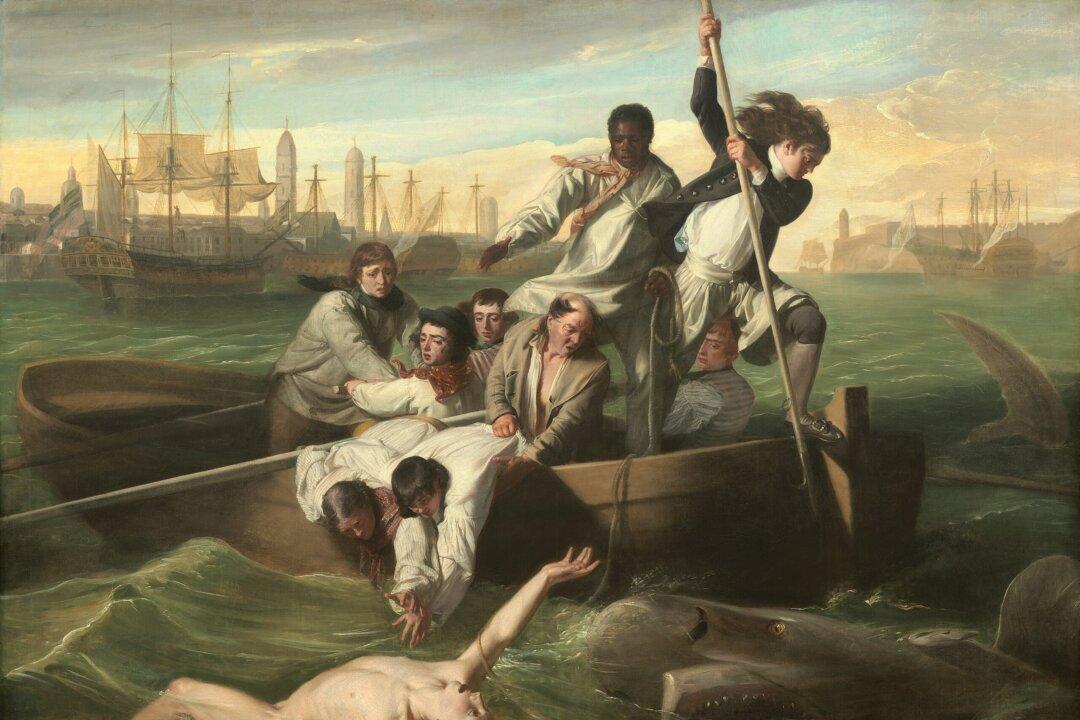Commentary
Given what is happening in Washington right now, I don’t think revolution is too strong a word. The toppling of the administrative state is a radical turn. Who can say how it will end up?

Given what is happening in Washington right now, I don’t think revolution is too strong a word. The toppling of the administrative state is a radical turn. Who can say how it will end up?